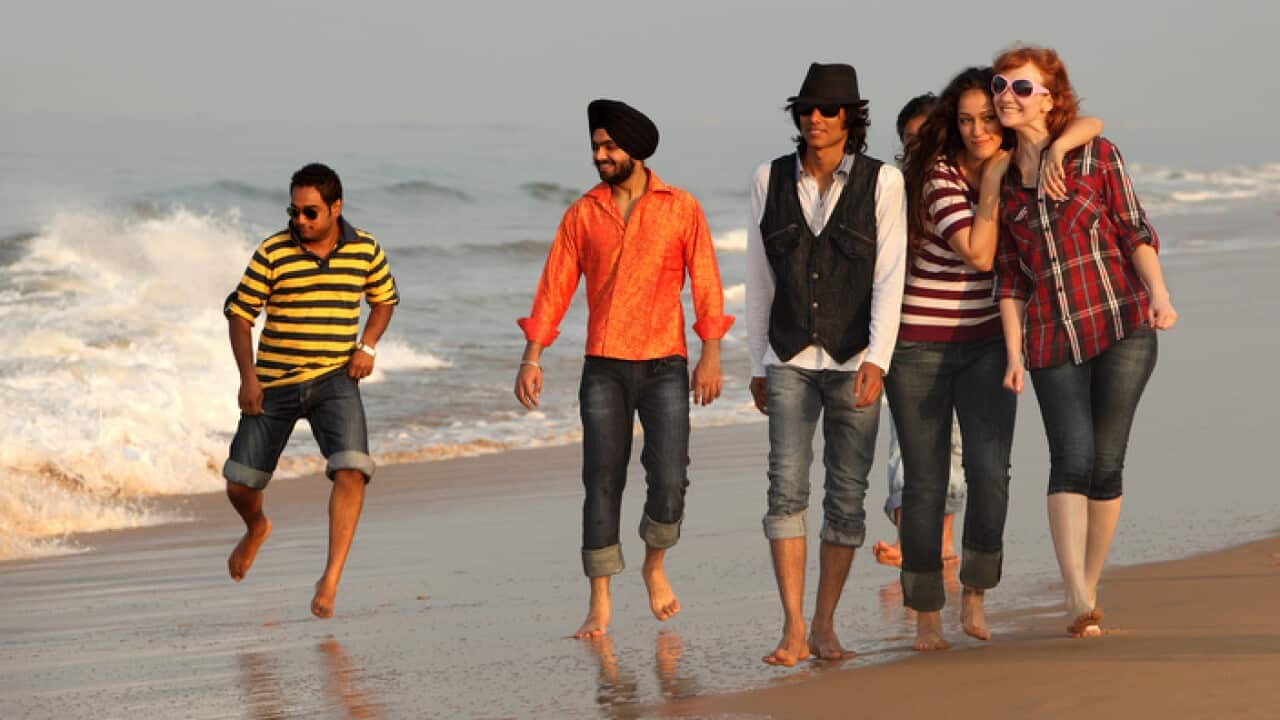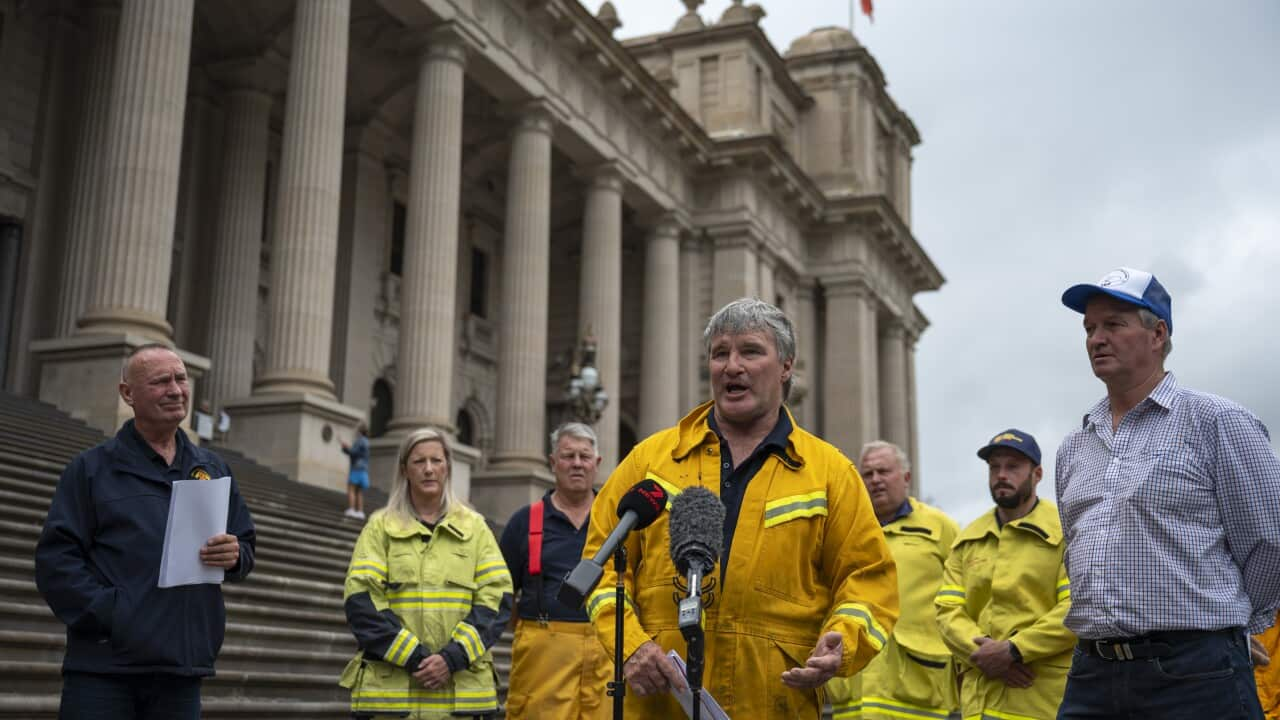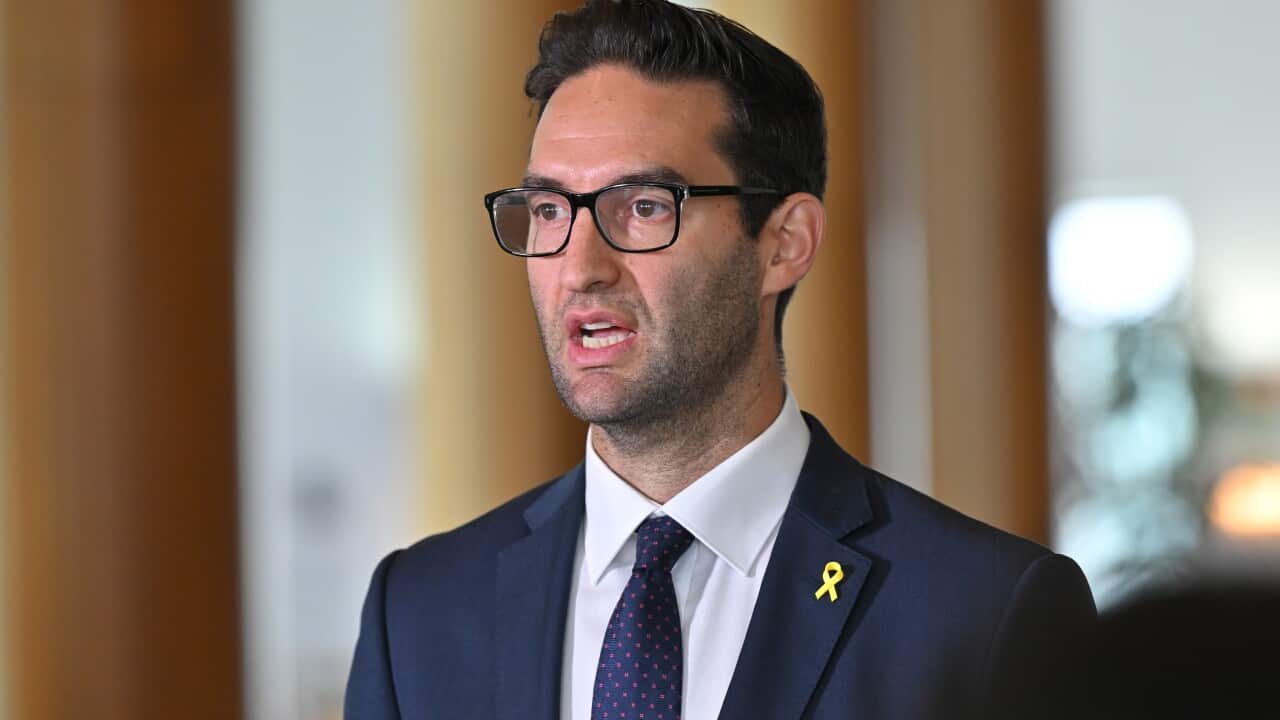Sun Safety
Australia has one of the highest skin cancer rates in the world. Even when it doesn’t feel that hot, the sun here is very intense, especially between 11am and 3pm during daylight saving time (10am to 2pm during standard time). Always protect your skin, by staying in the shade or using sunscreen, a hat, a shirt and sunglasses.
Water Safety
In Australia, children are taught to swim in primary school.
Many international students do not know how to swim, which puts them at more risk in the water.
Here are some tips for keeping yourself safe:
- Go to popular beaches where there are lifeguards, and swimming between the red and yellow flags. This is the area where the lifeguards are patrolling and can rescue people in trouble.
- Wear a life jacket if you go out in a boat.
- Never jump or dive into water when you don’t know how deep it is. People can be seriously injured or killed if the water is shallower than they think and they hit the bottom.
- Take swimming lessons. Most universities and public pools offer cheap lessons for adult beginners. Modest swimwear is available if you’re uncomfortable wearing Australian-style swimming costumes.
Other Marine Hazards
Drowning isn’t the only danger at the beach! Other things to watch for include:
- Water pollution: On some days, the sea may be too polluted to swim in, usually in the day or two after heavy rains. Check the Beach Report for your beach before you swim: http://yarraandbay.vic.gov.au/beach-report
- Sea creatures: Some Australian marine life is dangerous. Find out what might be in the water for the time of year and part of the Australian coastline where you plan to swim. Depending on when and where you are, there can be jellyfish (the ones in the north during wet season have a lethal sting), sharks, stingrays, blue ringed octopi and other dangerous creatures.
Beach Conduct
Australia has many strict rules about what you can and can’t do on the beach.
- Dogs are usually banned from the beach between November and March to protect beachgoers.
- Leaving litter and lighting fires on the beach is illegal.
- In some popular spots, it is forbidden to drink alcohol on the beach. Check for signs.
- For students from societies which are more sexually conservative than Australia, Australian swimwear looks like underwear and may seem scandalously revealing. Remember that wearing brief swimwear is normal and acceptable in Australia. Do not stare or make comments: this is considered very rude.
- It is illegal to be completely naked on the beach, except on specially marked nude beaches. You may occasionally see women topless on normal beaches.
For detailed discussion, listen to Amit Sarwal’s conversation with Melbourne-based cross-cultural consultant and trainer - Dr Fiona Price.




